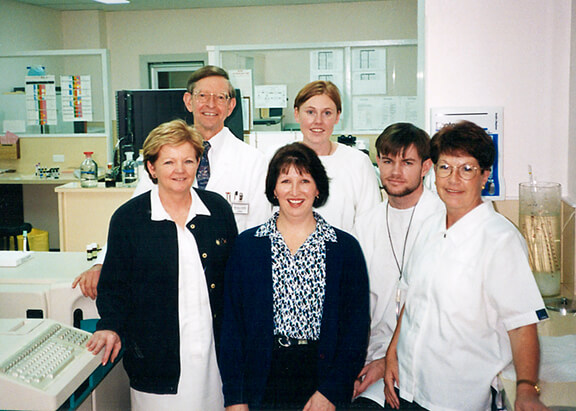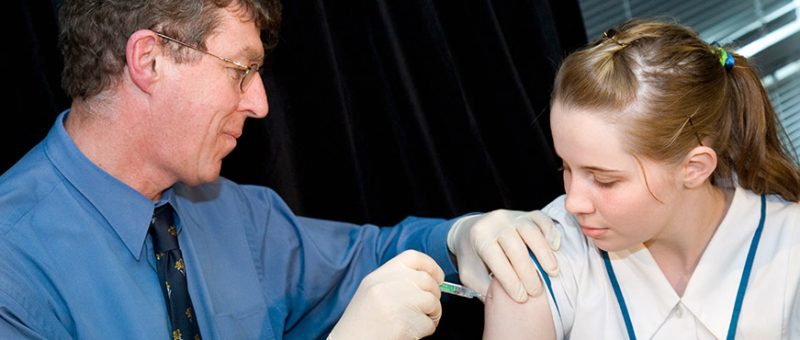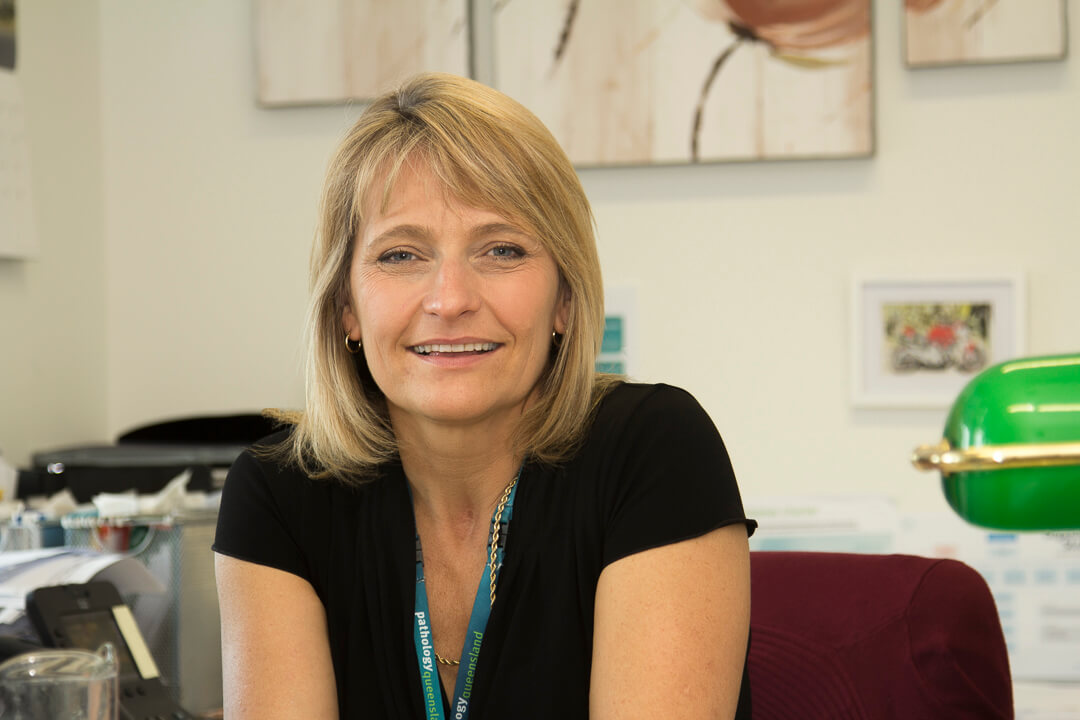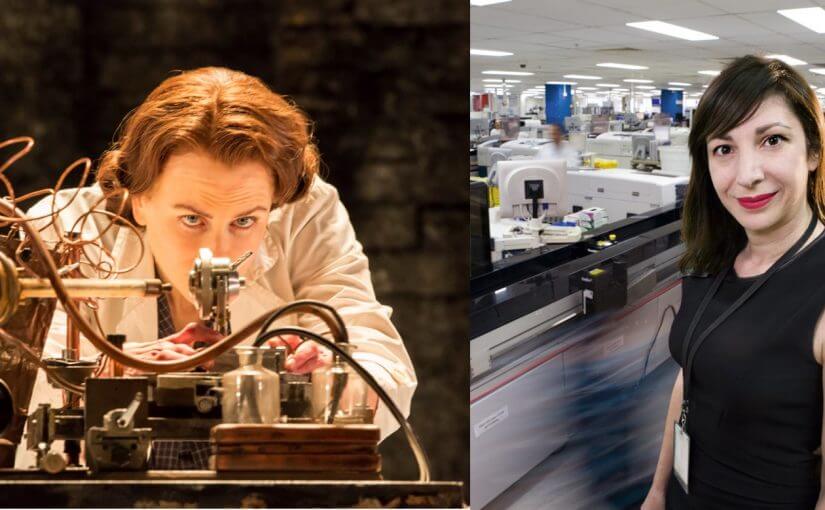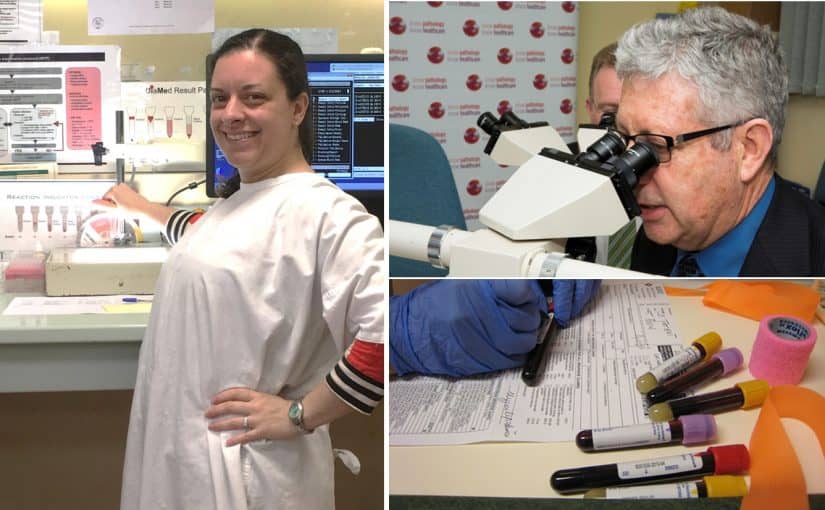“My head was sewn up & I resumed my work!” How labs have changed since the ’70s
Medical Scientist John Cooper set up the first pathology laboratory in the regional town of Cowra, New South Wales more than forty-five years ago and has seen enormous changes come into the lab over t
Australian-developed HPV vaccine has halved cervical cancer rates in just ten years
Yesterday marked the 10th anniversary of the world’s first cancer vaccine and a report released last month has highlighted some pretty amazing consequences of that vaccine.
The Human Papillomavi
AIMS honours the best medical scientists in Queensland
The Australian Institute of Medical Scientists (AIMS) Queensland Branch announced the winners of the inaugural AIMS Queensland Medical Science Awards last week, to recognise and celebrate the excellen
A Rewarding Career in Medical Science – Prompted by Jeff Kennett
Chen Lim is the head of the ‘automated’ biochemistry laboratory at Melbourne’s Austin Hospital.
Chen took an unusual path to the world of Medical Science. In fact, it was an opportunity that ar
Getting the microbiology bug: Dr Petra Derrington tells us what fascinates her about microbiology
Microbiology deals with diseases caused by infectious agents (known as pathogens) such as bacteria, viruses, fungi and parasites. Microbiologists can have roles in both the laboratory and direct patie
Nicole Kidman’s new role shines a light on genetics
Nicole Kidman has taken to the London stage to play Rosalind Franklin, one of the most important yet overshadowed scientists of the 20th century. The impact of her work is still revolutionising geneti
“After nine years I still get a rush out of my work” – up close and personal with the people behind pathology
To celebrate International Pathology Day this month we take a closer look at some pathology professionals to see why they chose their job and what they love about it.
Medical Scientist – Alicia Tho
For the love of blood
Haematology is the study of blood. The work of a laboratory haematologist focuses on diseases affecting the blood. When investigating blood disorders a Haematologist may also examine the production of

